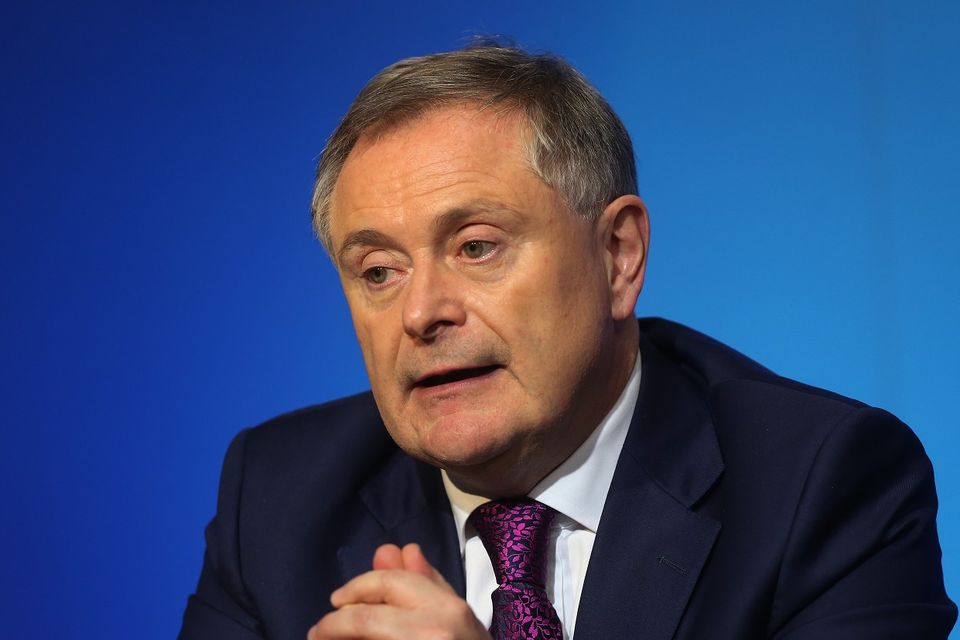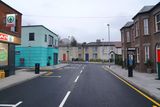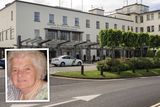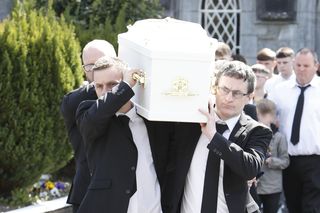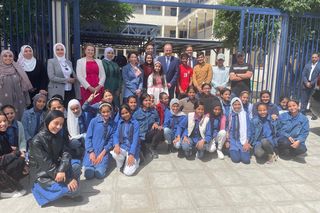Public servants get 2,000 euro rise
Brendan Howlin has welcomed an agreement on pay for public servants
Public servants have secured pay rises in the region of 2,000 euro over the next three years after talks with Government.
Minister for Public Expenditure and Reform Brendan Howlin said the agreement strikes the right balance between unions' demands and sustaining the state's finances while ensuring peaceful industrial relations.
He also claimed most of the money was directed at low and middle income earners.
"It begins the process of unwinding the financial emergency measures in a prudent and sustainable fashion thereby reducing the risk to the sustainability of the public finances," he said.
"It targets the bulk of available discretionary resources at lower and middle income public servants."
The deal, known as the Lansdowne Road Agreement, will cost 566 million euro over three years.
Next year it will see a 1,003 euro pay rise for the lowest earning workers on up to 30,000 euro and 733 euro for middle to high earners on up to 60,000 euro and 100,000 euro.
In 2017, the increases work out at 567 euro for workers earning up to 30,000 and 60,000 euro and 267 for workers on the scale up to 100,000 euro.
The final tranche of wage hikes will see workers in the lowest bracket up to 30,000 get an additional 600 euro and those in the mid-range get 595 euro and those on the highest salaries get no additional rises.
The Impact trade union, one of the biggest in the talks, said pay for public sector workers is being restored through adjustments to the public service pension levy and a partial reversal of the 2010 pay cuts.
"The agreement achieves the essential objective of fairness, while at the same time offering greater benefit to lower paid public servants by using a flat rate pay adjustment," the trade union said.
While agreed at the negotiating table in Dublin, the offer will be put to the vote in unions.
The first phase kicks in on January 1 next year when t he pension levy threshold - the point in a salary when the levy is payable - increases to 24,750 euro, up from 15,000 euro.
Also, salaries up to 24,000 euro will increase by 2.5% through a partial reversal of the 2010 public service pay cut and salaries between 24,001 and 31,000 euro will increase by 1%.
In September next year the pension levy threshold jumps for a second time to 28,750 euro.
In 2017 salaries up to 65,000 euro will increase by 1,000 euro a year.
Elsewhere, pay restoration for staff earning more than 65,000 will kick in on April 1 2017 and January 1 2018.
Impact said a deal has also been struck to make permanent 1,300 interns in the health service.
Not all sides were happy however, with the Irish Medical Organisation claiming it does nothing to address the issue of recruiting and retaining suitably qualified doctors.
Industrial relations director Steve Tweed adding: "Over the past number of years doctors have been working in an environment of illegal working hours, unsafe conditions and reduced resources to treat patients.
"The opportunity to recognise the efforts of our doctors in this agreement has been missed by Government and the consequences will be inevitable - more doctors choosing to work abroad in systems that value and respect them."
Eoin Ronayne, of the Civil and Public Services Union, said: "Significantly the deal provides for the first time flat rate payments which favour the lower paid over higher earners with the much despised pension levy reduced."
The Association of Higher Civil and Public Servants said they will reflect on the proposals over the weekend.
Join the Irish Independent WhatsApp channel
Stay up to date with all the latest news
